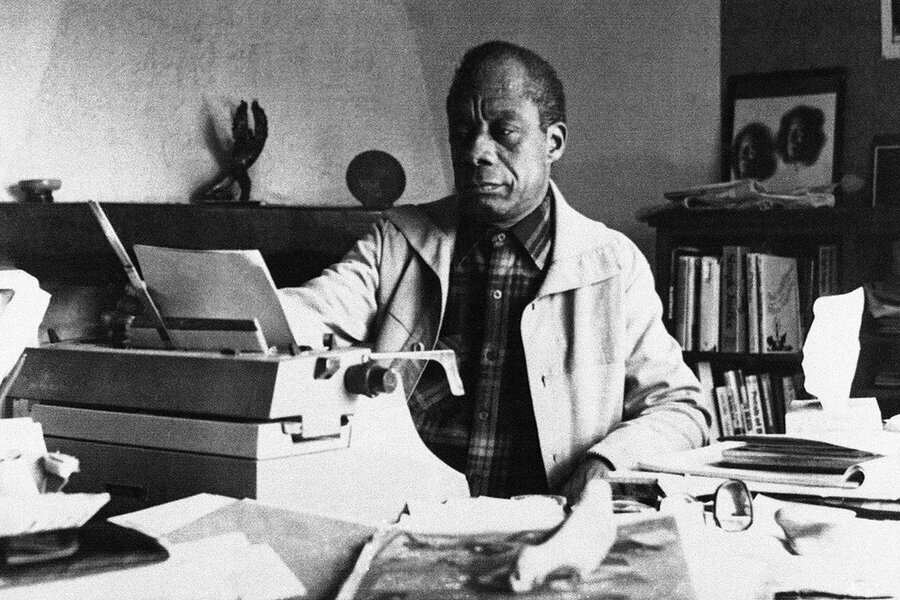Episodes
Monday Dec 31, 2018
Monday Dec 31, 2018
We reach the climax of "Do Androids Dream of Electric Sheep?". How will Deckard do his job when he realizes that he has developed empathy for androids?
Monday Dec 31, 2018
Monday Dec 31, 2018
A few of Melville's most famous tales are "Benito Cereno" and "Bartleby the Scrivener". They make up the first half of the collection, "The Piazza Tales". Lots to discuss in these important works.
Monday Dec 24, 2018
Monday Dec 24, 2018
In this part of "Do Androids Dream of Electric Sheep?" our bounty hunter Deckard runs into a fake police station and learns something important about himself.
Monday Dec 24, 2018
Episode 280: Herman Melville: Israel Potter, Part 2
Monday Dec 24, 2018
Monday Dec 24, 2018
Part two of my review of Herman Melville's "Israel Potter", in which we experience most of his 50 years of exile.
Thursday Dec 20, 2018
Episode 279: Herman Melville: Israel Potter, Part 1
Thursday Dec 20, 2018
Thursday Dec 20, 2018
Another Herman Melville novel. This one is much more conventional than "Pierre". but it is still a valuable read. "Israel Potter" looks at the life of a Revolutionary War veteran as his service to his country leads him into exile and lets him meet some more famous revolutionary heroes.
Thursday Dec 20, 2018
Thursday Dec 20, 2018
Part two of my review of "Do Androids Dream of Electric Sheep?" gives us a chance to explore the empathy test as we watch Deckard begin his mission to hunt down the rogue Nexus-6 androids.
Monday Dec 17, 2018
Monday Dec 17, 2018
The opening chapters of Philip K. Dick's great novel "Do Androids Dream of Electric Sheep?" puts us in a bleak world of mood organs, empathy boxes, lead codpieces, and kipple.
Monday Dec 17, 2018
Episode 278: Herman Melville: Pierre, Part 4
Monday Dec 17, 2018
Monday Dec 17, 2018
The finale of my review of "Pierre" by Herman Melville.
Friday Dec 14, 2018
Episode 277: Herman Melville: Pierre, Part 3
Friday Dec 14, 2018
Friday Dec 14, 2018
So, after deciding to get married to his (maybe) sister, things start to get even stranger for Pierre. Listen to my thoughts on this in part three of my review of Herman Melville's "Pierre".
Friday Dec 14, 2018
Philip K. Dick Book Club: Episode 124: Faith of Our Fathers
Friday Dec 14, 2018
Friday Dec 14, 2018
Philip K. Dick's contribution to "Dangerous Visions" was "Faith of Our Fathers", one of his most important stories on false fronts and the prison of state power.
Sunday Dec 09, 2018
Philip K. Dick Book Club: Episode 123: Retreat Match
Sunday Dec 09, 2018
Sunday Dec 09, 2018
"Retreat Match" by Philip K. Dick is a really good story on false memories, shifting realities, and the politics of empire.
Sunday Dec 09, 2018
Episode 276: Herman Melville: Pierre, Part 2
Sunday Dec 09, 2018
Sunday Dec 09, 2018
In the second hundred pages of "Pierre" by Herman Melville our hero comes to believe he has what he always wanted, a sister. What will be the cost of this realization?
Wednesday Dec 05, 2018
Episode 275: Herman Melville: Pierre, Part 1
Wednesday Dec 05, 2018
Wednesday Dec 05, 2018
Time to go mad with Herman Melville as we begin looking at his 1852 novel "Pierre, Or the Ambiguities".
Wednesday Dec 05, 2018
Philip K. Dick Book Club: Episode 122.4: Counter Clock World, Part 4
Wednesday Dec 05, 2018
Wednesday Dec 05, 2018
The conclusion to Philip K. Dick's "Counter-Clock World" centers on a failed rescue attempt at the Library, a forthcoming race war, and the question of how our hero Sebastien Hermes can find new meaning in life with the death of his wife and the near destruction of his business.
Wednesday Dec 05, 2018
Philip K. Dick Book Club: Episode 122.3: Counter Clock World, Part 3
Wednesday Dec 05, 2018
Wednesday Dec 05, 2018
The Library has become victorious in stealing the Anarch. Can the various factions interested in him get him back before the Library can prevent him from writing any more dangerous books?
Wednesday Dec 05, 2018
Philip K. Dick Book Club: Episode 122.2: Counter Clock World, Part 2
Wednesday Dec 05, 2018
Wednesday Dec 05, 2018
In this section of Philip K. Dick's "Counter-Clock World" we learn that the once-dead Anarch Peak still has something to say and that there are lots of people who will kill to hear what he has to say...or to eradicate what he has to say. Our hero's scheme to make a quick buck gets a lot of more complicated.

